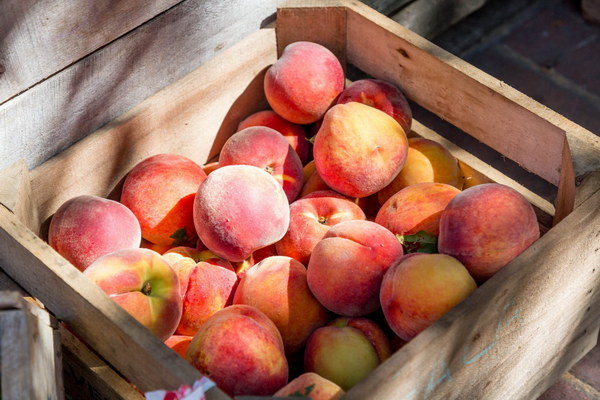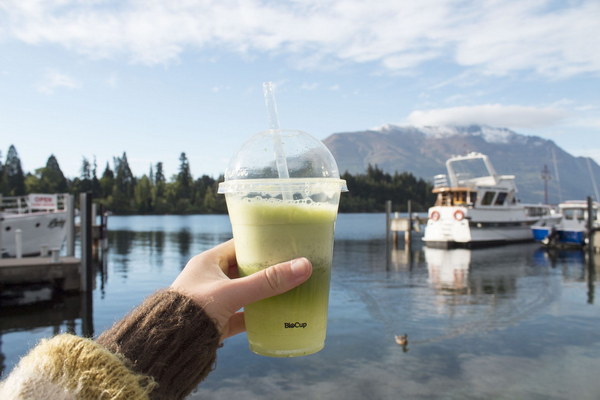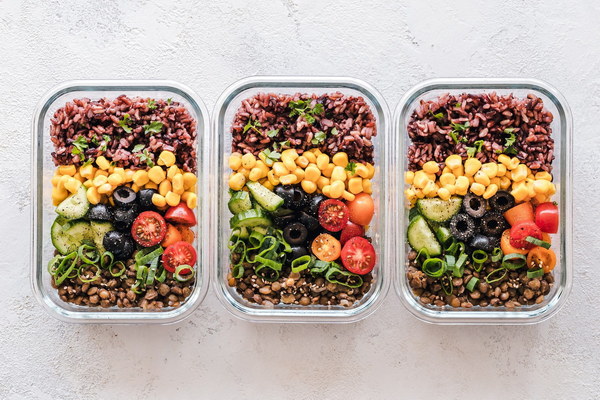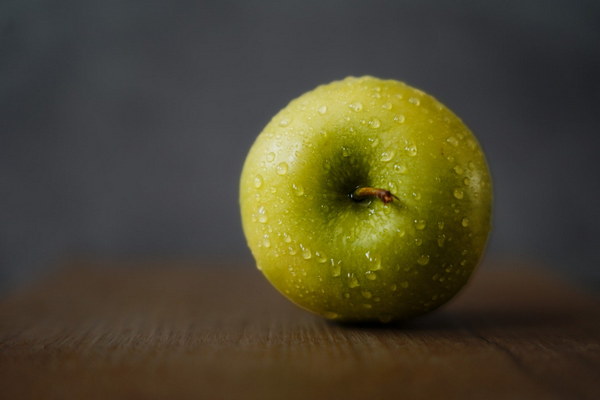Boosting Elderly Health in Winter A Comprehensive Guide to Winter Nutrition and Supplements
As the winter season approaches, the cold temperatures can take a toll on the health of elderly individuals. This is because their bodies may struggle to maintain a stable body temperature, leading to a higher risk of illnesses such as colds, flu, and respiratory infections. To help combat these challenges, it's essential for seniors to adopt a well-rounded diet and consider incorporating supplements to support their overall well-being. This article provides a comprehensive guide to winter nutrition and supplements for elderly individuals.
1. Importance of Winter Nutrition for Seniors
During the winter months, it's crucial for seniors to consume a balanced diet rich in essential nutrients to stay healthy and active. This includes:
a. Adequate Caloric Intake: Older adults often have a lower metabolic rate, which means they need fewer calories. However, it's important to ensure they consume enough calories to maintain a healthy weight and stay warm.
b. Protein: Protein is vital for muscle maintenance and repair. Seniors should include high-quality protein sources such as lean meats, fish, eggs, dairy products, and plant-based alternatives like lentils, chickpeas, and tofu.
c. Vitamin D: Vitamin D plays a crucial role in bone health and immune function. Since the body produces less vitamin D during the winter months, it's essential for seniors to consume fortified foods, such as milk, orange juice, and cereals, or take a vitamin D supplement.
d. Vitamin C: This antioxidant helps to boost the immune system and protect against colds and flu. Seniors can obtain vitamin C from citrus fruits, strawberries, kiwi, bell peppers, and leafy greens.
e. Iron: Iron is essential for oxygen transport in the blood. Seniors should consume iron-rich foods such as lean red meat, poultry, fish, beans, lentils, and fortified cereals.
2. Winter-Specific Foods for Seniors
a. Warm Beverages: Consuming warm beverages, such as herbal teas, hot chocolate, or broth-based soups, can help keep seniors warm and hydrated. These drinks also provide additional nutrients and can be a comforting addition to their diet.
b. Root Vegetables: Root vegetables like carrots, beets, and sweet potatoes are rich in vitamins, minerals, and fiber. They can be roasted, steamed, or added to soups and stews to provide a warm, hearty meal.
c. Winter Fruits: Citrus fruits, such as oranges, grapefruits, and tangerines, are packed with vitamin C and can help combat the cold weather's impact on the immune system.
d. Nuts and Seeds: Nuts and seeds, such as almonds, walnuts, chia seeds, and flaxseeds, are excellent sources of healthy fats, protein, and essential nutrients. They can be added to salads, oatmeal, or smoothies for a nutritious snack.
3. Winter Supplements for Seniors
In addition to a balanced diet, seniors may benefit from certain supplements to support their health during the winter months. These include:
a. Omega-3 Fatty Acids: These essential fats can help reduce inflammation and support heart health. Fish oil supplements are a good source of omega-3s.
b. Vitamin B12: This vitamin is crucial for red blood cell production and nerve function. Seniors who have difficulty absorbing vitamin B12 from food may benefit from a supplement.
c. Probiotics: Probiotics can help maintain a healthy gut microbiome, which is essential for overall health. Look for probiotic supplements with at least 1 billion CFUs (colony-forming units).

d. Multivitamin and Mineral Supplement: For seniors who may not be able to consume a balanced diet, a multivitamin and mineral supplement can help fill nutritional gaps and ensure they receive essential vitamins and minerals.
In conclusion, maintaining a healthy diet and incorporating appropriate supplements can significantly improve the health and well-being of elderly individuals during the winter months. By focusing on winter-specific foods, warm beverages, and targeted supplements, seniors can stay warm, healthy, and active throughout the cold season.









